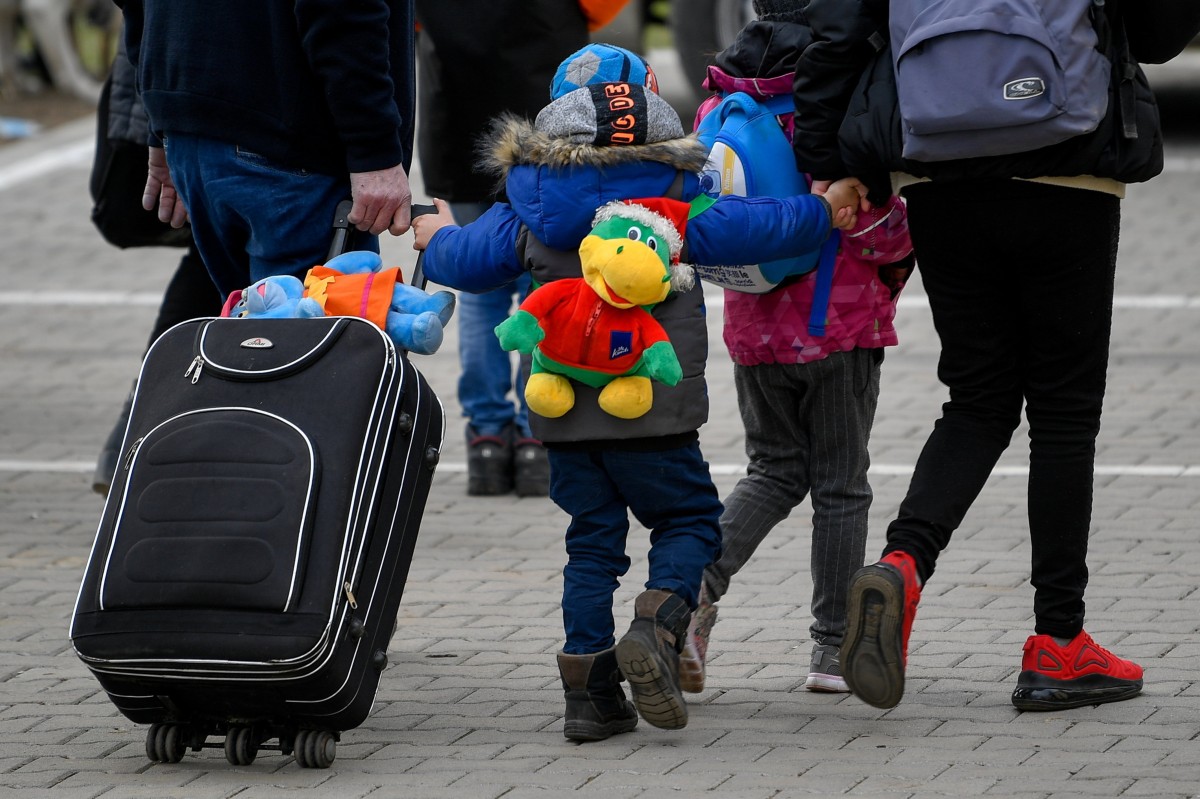In addition to the economic, financial, and security challenges posed by the coronavirus epidemic, the consequences of the Russian-Ukrainian war were also discussed at an economic conference held on Thursday by the Faculty of Economics of the University of Debrecen and the Eastern Community Higher Education Training Center.
The global economic phenomena caused by the pandemic and the war appear and have an impact on the Hungarian and European markets, but we cannot yet assess their direct consequences, the economic conference organized at the University of Debrecen said.
The Eastern Community Center for Higher Education (KKFKK) is always one step ahead of the challenge and offers effective solutions to help our students leave school with the most up-to-date knowledge. During the coronavirus epidemic, the training center conducted a representative online survey of more than 3,000 small and medium-sized businesses. We asked the companies of the Northern Great Plain how challenging the epidemic was for them and how they were able to cope with them
– Katalin Belinszky told hirek.unideb.hu
The results of the KKFKK’s international research group and research center have become part of the curriculum of the Faculty of Economics’ training in management and administration. Károly Pető, the dean of the faculty, spoke about the challenges of digital and hybrid education introduced during the pandemic.
The faculty has successfully completed the transition. However, there were several conditions for this: GTK’s technical readiness and improvements. We have installed a modern camera and microphone system in the lecture halls, which is also suitable for online streaming. Thus, we were able to provide interactive education for our students even during the pandemic. In addition to digital curricula, develop an accountability system that complies with ethical rules. We will incorporate our experience, good practices, and certain elements of digital education gained during the epidemic into the training, which can save costs
– explained Károly Pető, Dean of the Faculty of Economics.
Since 2015, the university has been a partner of the KKFKK operating in Nyírbátor and Kisvárda, where in addition to GTK, the training of the Faculty of Agriculture, Food Science and Environmental Management is also available.
COVID-19 – and now the war – has shown the shortcomings of the long supply chains in the food industry and agriculture and the need to strengthen food autonomy. The task of the UD is to encourage the organization and coordination of shorter supply chains – within 30 kilometers
– by assigning it to a higher quality assurance system, added László Stündl, Dean of the Faculty of Agriculture and Food Science and Environmental Management.
Among other things, Árpád Kovács, Chairman of the Budget Council, Gábor Pálfy, Head of the Cabinet of Directors General of the National Security Service, spoke at the conference, Slaven Grbic, Honorary Consul of Hungary in Banja Lukai, Bosnia and Herzegovina, a microbiologist in food hygiene, chemist and honorary citizen of János Veres Nyírbátor, former Minister of Finance.
hirek.unideb.hu


















